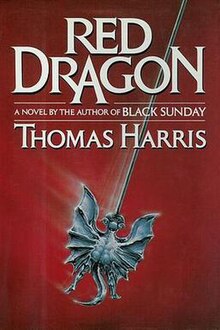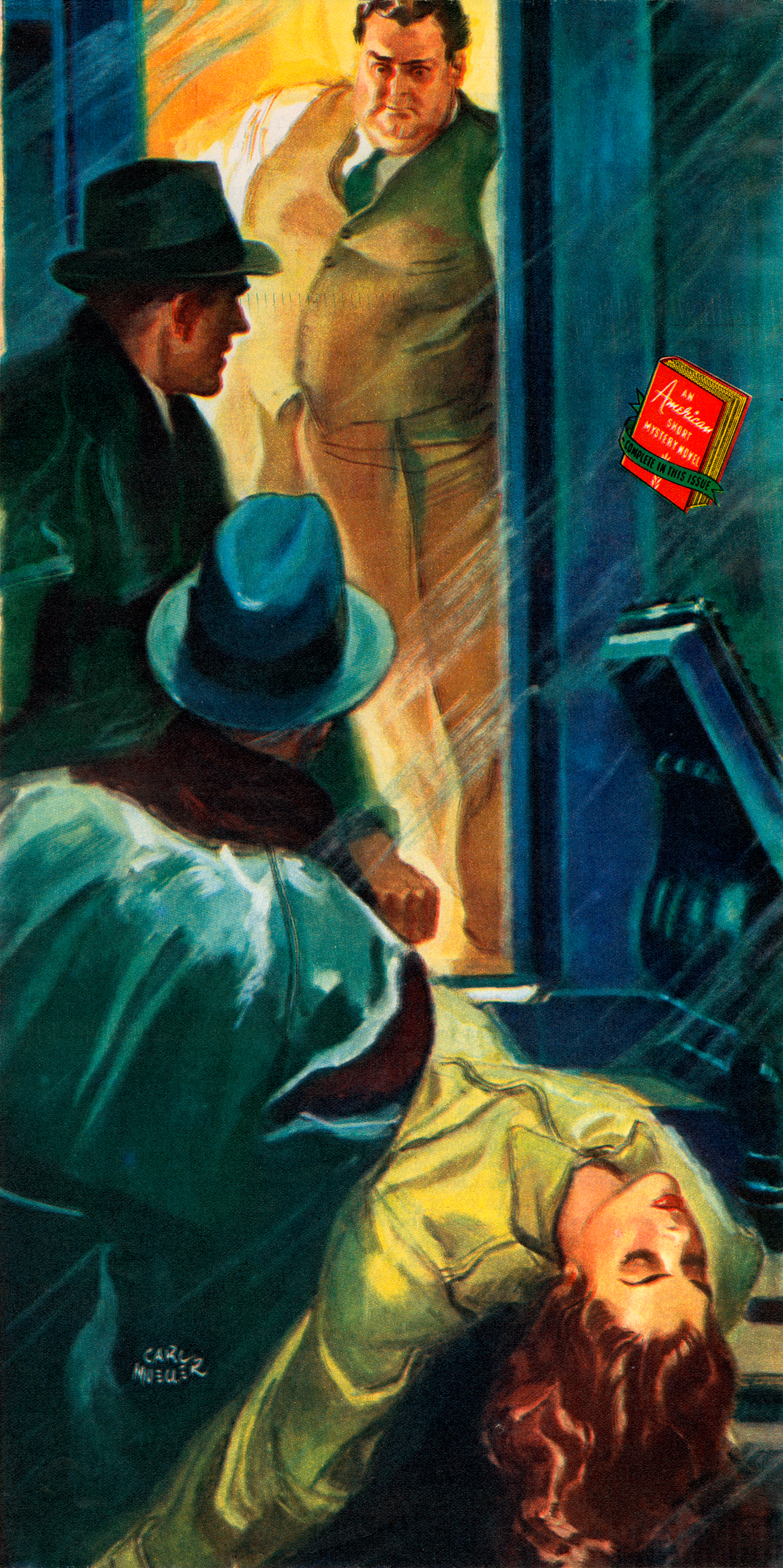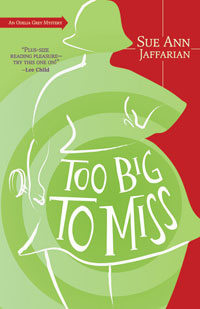I love the way things evolve. (Don't be scared if you're feeling fundamentalist; I'm not talking Darwin here). I mean that as standards of civilizations and cultures change, standards of popular arts morph along with the culture. In that way, we can study the values of any era by looking at what was created and celebrated during that time. And, since mysteries have been popular literature since the first "whodunit" was created, we can trace see how some protagonists have changed along with the times. Of all of these "standard" characters, none has changed more than the professional detective. They've gone from flat feet to tortured souls.
 Think of literature's early detective heroes, Auguste Dupin and Sherlock Holmes. (Okay, so Auguste wasn't a professional detective, but he's close). Fans referred to them as human thinking machines because they solved puzzles with rational, deductive thought and neither allowed emotion to clog up their thinking. Which makes them fascinating characters to follow but not someone a reader can identify with. Self- doubt never undermines either man, and although both men have weaknesses, they're never disabled by them. Let's face it, these guys are great, but we're not sure that they're human.
Think of literature's early detective heroes, Auguste Dupin and Sherlock Holmes. (Okay, so Auguste wasn't a professional detective, but he's close). Fans referred to them as human thinking machines because they solved puzzles with rational, deductive thought and neither allowed emotion to clog up their thinking. Which makes them fascinating characters to follow but not someone a reader can identify with. Self- doubt never undermines either man, and although both men have weaknesses, they're never disabled by them. Let's face it, these guys are great, but we're not sure that they're human. Sam Spade took a step towards humanity, even if it was a baby step. On the surface, he looked and acted like the hard-edged, tough guy/private eye that Dashiell Hammett first dubbed "The Continental Op". And ultimately, he does the makes the difficult but right decisions. But read Maltese Falcon again and you'll notice that Spade is guards something carefully than even The Black Bird: his feelings. Whatever else he may think about Miles Archer, Spade respects him as a partner and Archer's murder disturbs him badly. We don't know this at first, because Spade keeps that secret to himself, but it steers every step of his investigation. And when Archer's murderer turns out to be the woman Spade loves, it costs him to turn her over to the police. He gives her up nevertheless because it's the right thing to do. But we learn just enough to realize how difficult that decision was.
Sam Spade took a step towards humanity, even if it was a baby step. On the surface, he looked and acted like the hard-edged, tough guy/private eye that Dashiell Hammett first dubbed "The Continental Op". And ultimately, he does the makes the difficult but right decisions. But read Maltese Falcon again and you'll notice that Spade is guards something carefully than even The Black Bird: his feelings. Whatever else he may think about Miles Archer, Spade respects him as a partner and Archer's murder disturbs him badly. We don't know this at first, because Spade keeps that secret to himself, but it steers every step of his investigation. And when Archer's murderer turns out to be the woman Spade loves, it costs him to turn her over to the police. He gives her up nevertheless because it's the right thing to do. But we learn just enough to realize how difficult that decision was. By the latter 20th century, mystery detectives were feeling fear and self-doubt and by the millennium, they were downright troubled. Thomas Harris's Will Graham is a brilliant detective and profiler but his exposure to evil and his own ability to imagine scenarios from a killer's perspective put him in the hospital more than once. Graham is a man uncomfortable doing what he does best, even though what he does serves mankind. The same can be said for Patricia Cornwell's Kay Scarpetta, though not for the same reasons. Like the BBC's detective, Jane Tennison, and Val McDermid's Carol Jordan, Scarpetta is an ambitious, gifted woman often frustrated by the political, male-dominated world of criminal justice. All three of these fictional, female crime-fighters endure unhappy personal lives. They make mistakes. And all three of them, at times, drink too much.
By the latter 20th century, mystery detectives were feeling fear and self-doubt and by the millennium, they were downright troubled. Thomas Harris's Will Graham is a brilliant detective and profiler but his exposure to evil and his own ability to imagine scenarios from a killer's perspective put him in the hospital more than once. Graham is a man uncomfortable doing what he does best, even though what he does serves mankind. The same can be said for Patricia Cornwell's Kay Scarpetta, though not for the same reasons. Like the BBC's detective, Jane Tennison, and Val McDermid's Carol Jordan, Scarpetta is an ambitious, gifted woman often frustrated by the political, male-dominated world of criminal justice. All three of these fictional, female crime-fighters endure unhappy personal lives. They make mistakes. And all three of them, at times, drink too much. Lincoln Rhyme and Cormoran Strike add to the list of contemporary detectives with acknowledged physical and emotional vulnerabilities. Lincoln is almost completely paralyzed and in his first fictional appearance (The Bone Collector) is so depressed, he is searching for a way to commit suicide. Cormoran Strike (first seen in The Cuckoo's Calling) has no steadiness either in his personal or professional life and he's missing part of a leg. But both of these detectives have training, brains and female colleagues equipped with their own talents and demons. Let the villains beware.
Lincoln Rhyme and Cormoran Strike add to the list of contemporary detectives with acknowledged physical and emotional vulnerabilities. Lincoln is almost completely paralyzed and in his first fictional appearance (The Bone Collector) is so depressed, he is searching for a way to commit suicide. Cormoran Strike (first seen in The Cuckoo's Calling) has no steadiness either in his personal or professional life and he's missing part of a leg. But both of these detectives have training, brains and female colleagues equipped with their own talents and demons. Let the villains beware.Today's literary detectives are strong enough to be admirable but vulnerable enough to be human. And that makes their stories even more fun to read.


















